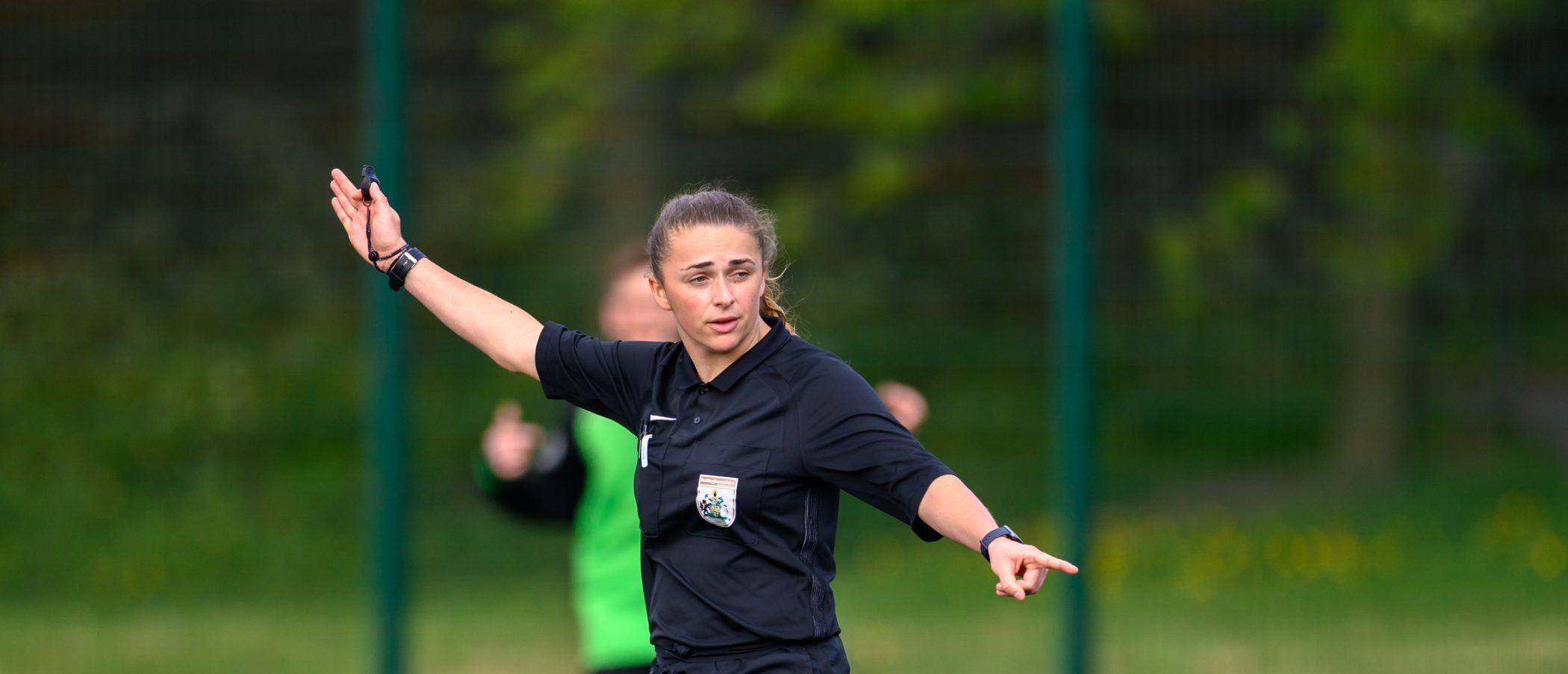
Anti-misogyny in sport
Sport has been too slow to change, too slow to face up to the realities of the misogyny women face.




No-one should be excluded from the joy, fulfilment and lifelong benefits of sport. Women and girls deserve equal opportunity to enjoy the benefits of sport, which is why our charity is determined to tackle sexism and misogyny in sport at every level.
If you look up misogyny in the dictionary, it will take you back to the word’s ancient Greek roots and tell you that the word means a hatred for women. Whilst that is the literal meaning, it does not reflect the reality of misogyny that women and girls experience every day in 2025.
Misogyny is contempt for women, prejudice against women and malice towards them. It is, fundamentally, about power; specifically preserving male power and traditional gender roles.
Sexism is more about active discrimination; the actions people take, or fail to take, that discriminate against someone based on their sex.
Crucially, sexism is discrimination based on sex, either sex, whereas misogyny is specifically targeted at women and girls. Sexism can be experienced by men, misogyny can’t.
At Women in Sport, we talk about misogyny more than sexism as it is these harmful beliefs that underpin the exclusion, deliberate or otherwise, of women from sport. For us, the underlying beliefs of misogyny can be thought of as systemic sexism. We can’t close the gender play gap if we don’t stamp out the misogyny embedded in society.
It will take men and women working together to tackle misogyny and sexism in sport. Male allies who understand that stamping out misogyny and sexism requires them to challenge and change their biases, actions and behaviour are vital.
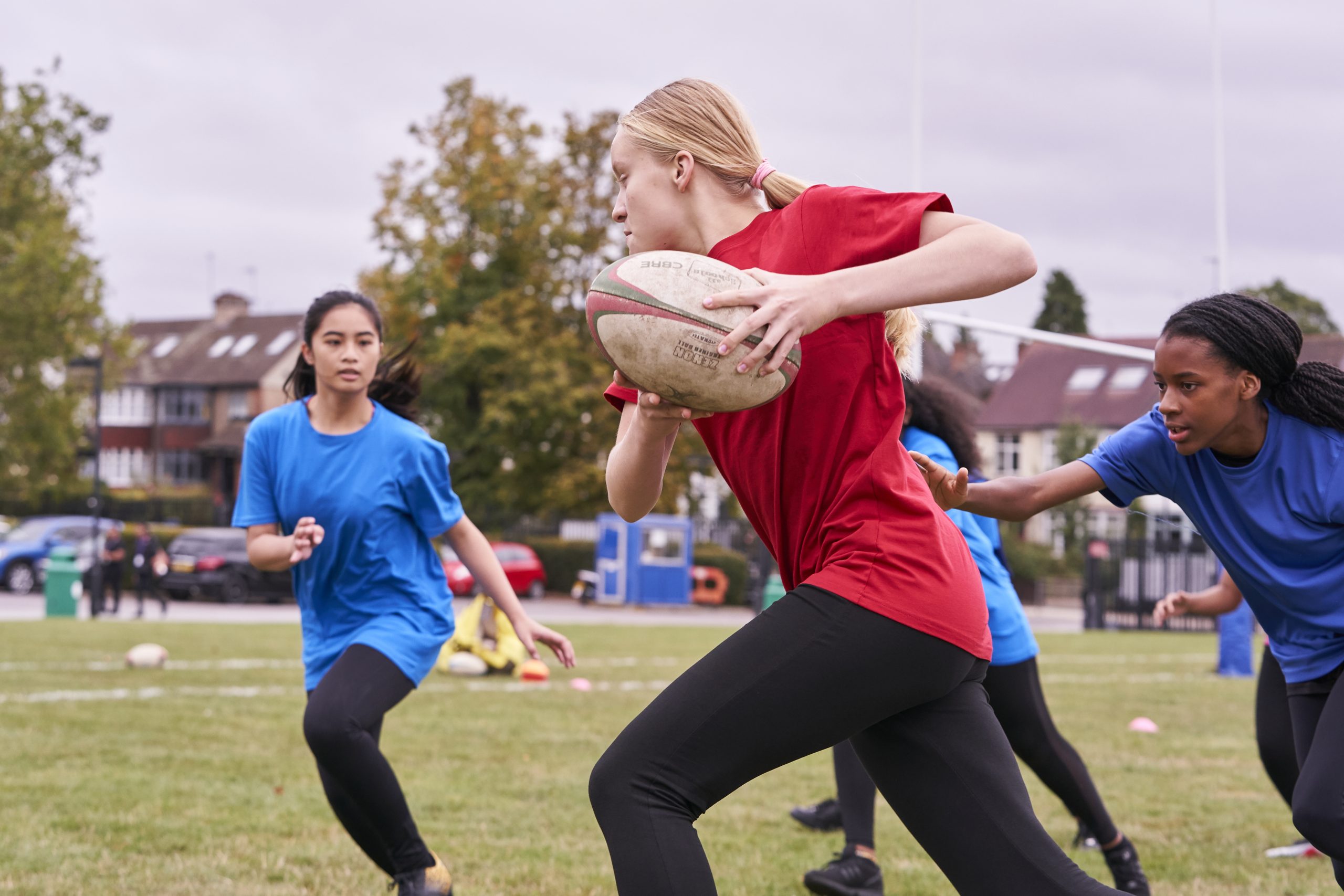
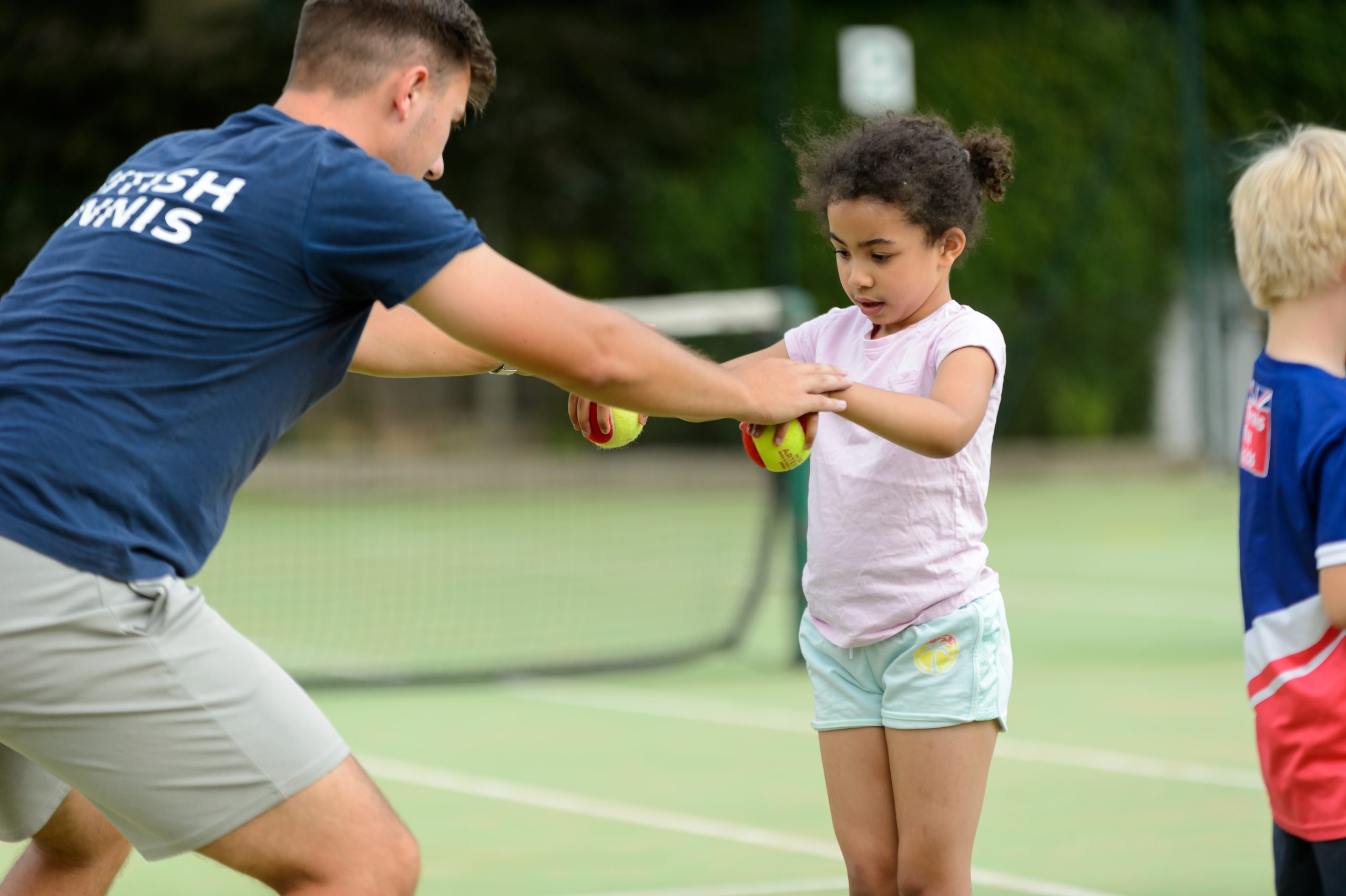
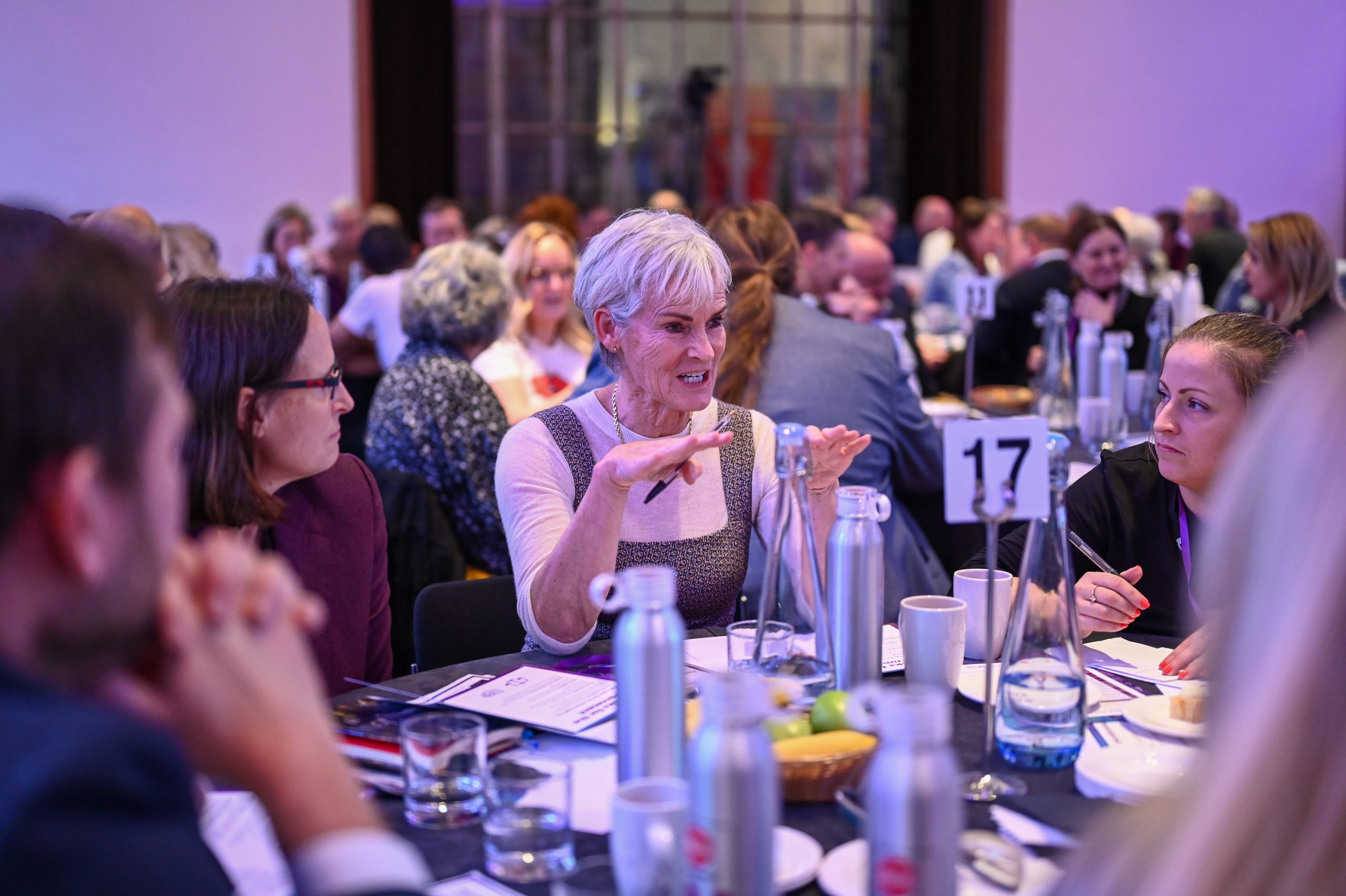
A recent count of leaders in the top 20 sports by participation in England showed that across the roles of CEO, Chair and Performance Director, just 24% were women. Women are a minority in coaching, especially at an elite level.
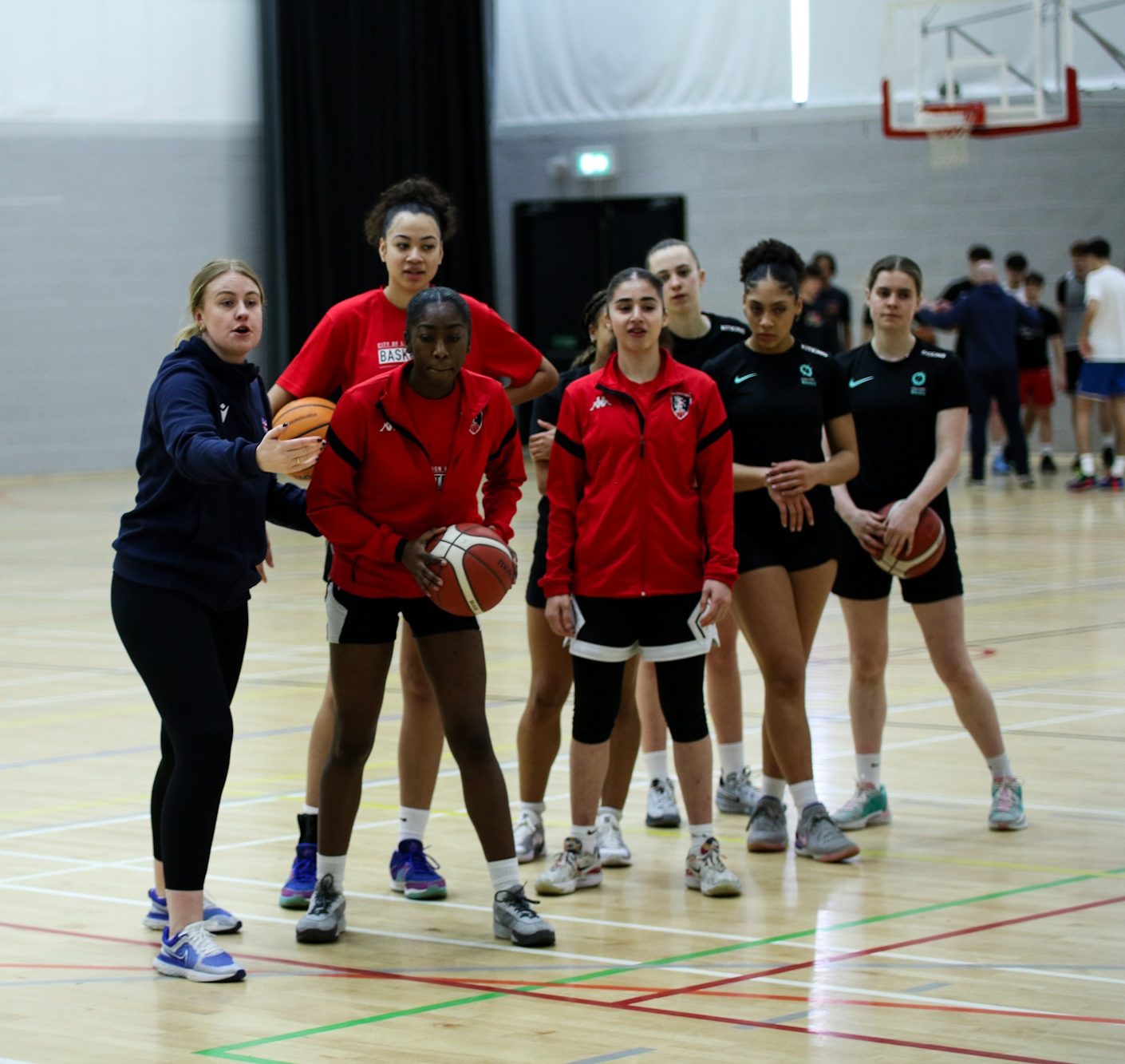
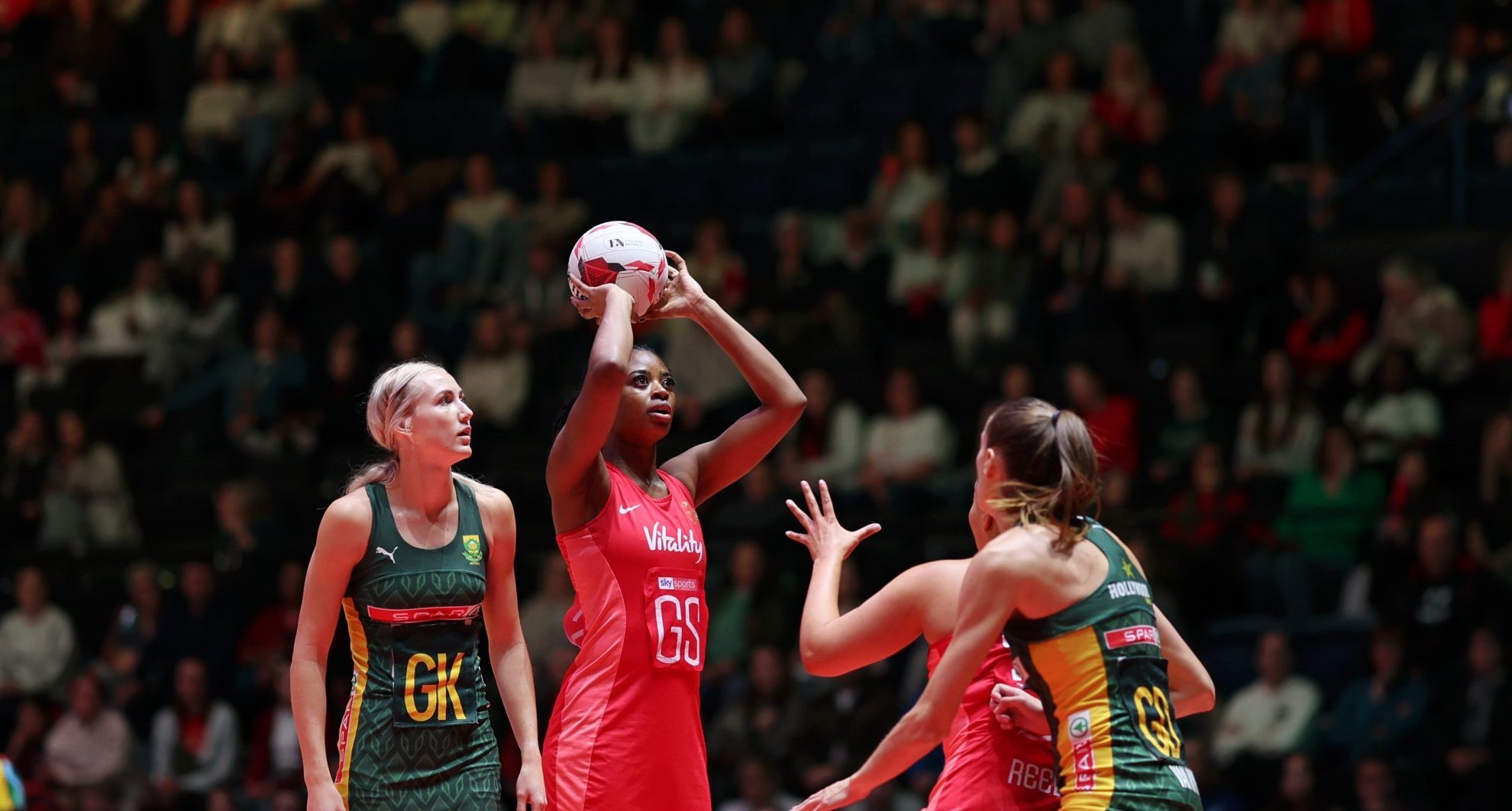


Sport has been too slow to change, too slow to face up to the realities of the misogyny women face.
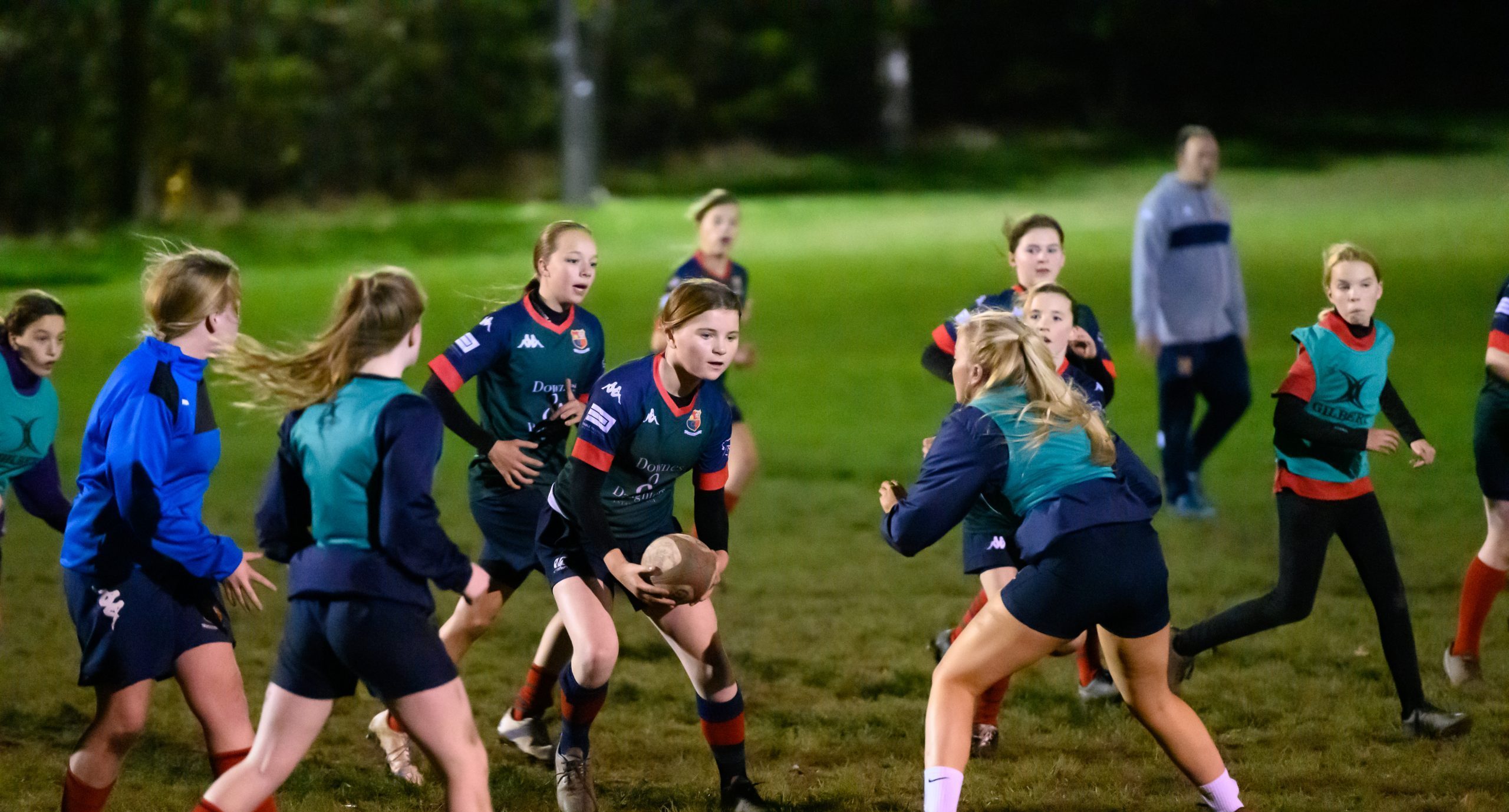
We are continuously researching and gaining new insights into sport through the eyes of women and girls across a range of communities, ages, life stages and backgrounds.